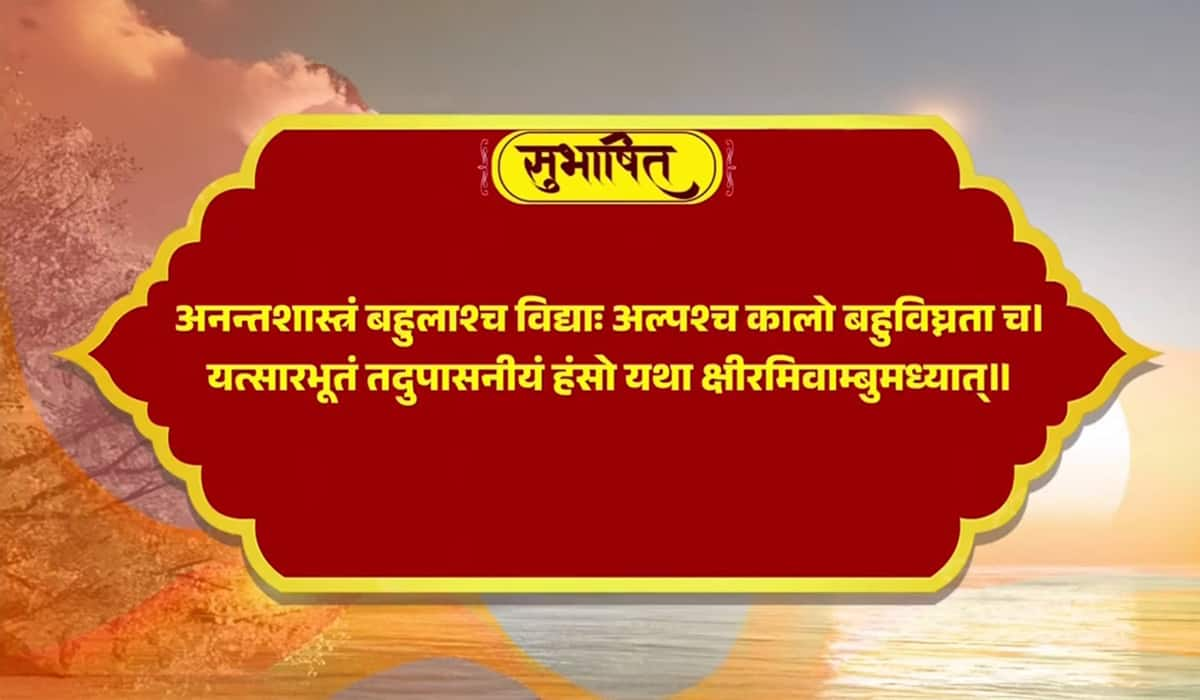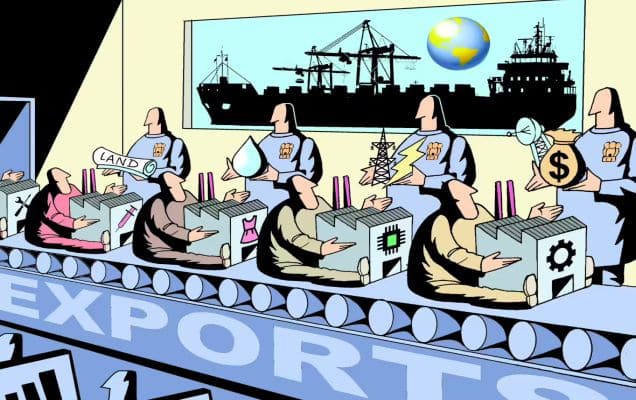We want an economy with mass production and production by masses: CM
Events like these can inspire people to use and integrate new technology into their businesses: CM
It is difficult for Individual businesses to make their place in the world. We need to build a credible brand on the lines of ‘Made in Japan’ brand: CM
I want to incorporate new technology and make innovations in the SME sector and ensure a skilled work force for the SME sector: CM
On January 12th 2013, as a part of the Vibrant Gujarat Global Summit, Shri Modi addressed an impressive SME convention at the Mahatma Mandir in Gandhinagar.
Before his address, Shri Modi released the ‘GIDC Golden Jubilee’ book and the ‘EDI Agro-processing’ dossier. During the function, Shri Modi also distributed awards for the ‘Best MSMEs’.
In his speech, Shri Modi, spoke about the importance of adopting new technologies by SMEs and the government’s initiatives in this regard. Shri Modi said, “For small industrialists, bringing in new technology can be difficult. We support and encourage them through conventions like these. We have honoured innovators; they can inspire others to innovate.”

He stressed the importance of ensuring a wider outreach for original technology developed by SMEs. He said, “Sometimes there are some products, which are useful to the society. It is important that these products reach to a majority of the people.”
Shri Modi also spoke about the importance of using eco-friendly technology and encouraged the Industrialists to patent their technologies. Shri Modi declared that the government would be setting up a new unit to assist industries regarding patenting laws.
Highlighting the importance of events like VGGS, Shri Modi declared, “Events like these can inspire people to use and integrate new technology into their businesses.” Further, he affirmed, “Through this summit we are also looking at potential global markets. This can benefit SMEs.”

Shri Modi spoke at length on the importance of the SME sector. He declared, “We want an economy with mass production and production by masses. The SME sector can help in generating substantial employment for the youth.”
Emphasizing Gujarat’s initiatives for the development of the SME sector, Shri Modi said, “We are looking at a cluster-based development approach for SMEs. For a large industry to build a car, more than 500-600 small industries are needed to supply components.”
Talking about Gujarat’s initiatives to develop skilled manpower, Shri Modi said, “Considerable time is spent in training those who are newly employed. However, if industries get skilled manpower, their efficiency can improve. For this, we require a need-based approach. Gujarat has made efforts in this direction. We aim to integrate ITI’s into the cluster- based approach by tailoring ITI courses according Industry needs.”

Shri Modi declared his intent to support Industries by saying, “It is our job to ensure your progress and reduce your difficulties.”
Talking about the reasons behind the progress of Gujarati industries, Shri Modi said, “Industry owners and labourers get along well and this has resulted in Industrial development.”
Shri Modi spoke about keeping up this sense of goodwill. He said, “We have increased the value of products we should also increase the value of labour. We should take care of our labourers.”
Giving an example of his oft-repeated mantra of ‘Minimum Government, Maximum Governance,’ Shri Modi said, “Earlier there were laws, which created obstacles for small industrialists. For example, the government had a practice of inspecting boilers, which often led to delays for industries. We realized that it was in the interest of the Industry-owners to maintain their boilers well and we made a law mandating that Industry-owners take the responsibility for boiler inspection.”

Speaking about the Indian Government’s appreciation of Gujarat’s success, the CM declared, “At a recent event in Surat, there was a central government representative who in his speech, said that while the growth rate for small industries in India is only 19 percent the rate of growth for the SME sector in Gujarat is 85 percent.” He further cited a report by the Central Government, which said that Gujarat had the least unemployment rate in India.
The CM spoke about the challenges and opportunities, which an increasingly connected world, presented before the SME sector. He said, “We are getting products from all over the world. We have to compete with those products.”
Recalling a past incident, which shed light on his views regarding achieving success in a globally competitive world, Shri Modi said, “Before I was CM, I met with a delegation from Agra, which complained about the import of cheap products into India. According to me the solution, is to provide better and cheaper products. We must provide goods, which are reliable, which last. We should not have a defensive mindset, instead we should dream about selling products to the world”

The CM expressed his confidence in the ability of Gujarati businesspersons to succeed globally and praised the Gujarati spirit of entrepreneurship saying that the Gujarati people had the ability to sell refrigerators even in the Himalayas.
Shri Modi gave Japan’s example and stressed the importance of building a credible brand saying, “It is difficult for Individual businesses to make their place in the world. We need to build a credible brand on the lines of ‘Made in Japan’ brand. Earlier people would by a product just because it was made in Japan. However, to build a credible brand we should make products that are cheaper and better than the competition. We should focus on ensuring zero defects in our products.”
The CM also spoke about need for industries to understand the consumer’s changing mindset. He declared, “Earlier, there were people who used the same shoes for their entire lives. However, today, the young generation wants change. The industrialists should understand and act according to this changing mindset.”
In his concluding remarks, Shri Modi said, “I want to incorporate new technology and make new innovations in the SME sector and ensure a skilled work-force for the SME sector.”
Cabinet Minister Shri Saurabh Patel and Chief Secretary Shri AK Joti were present on the occasion.


















